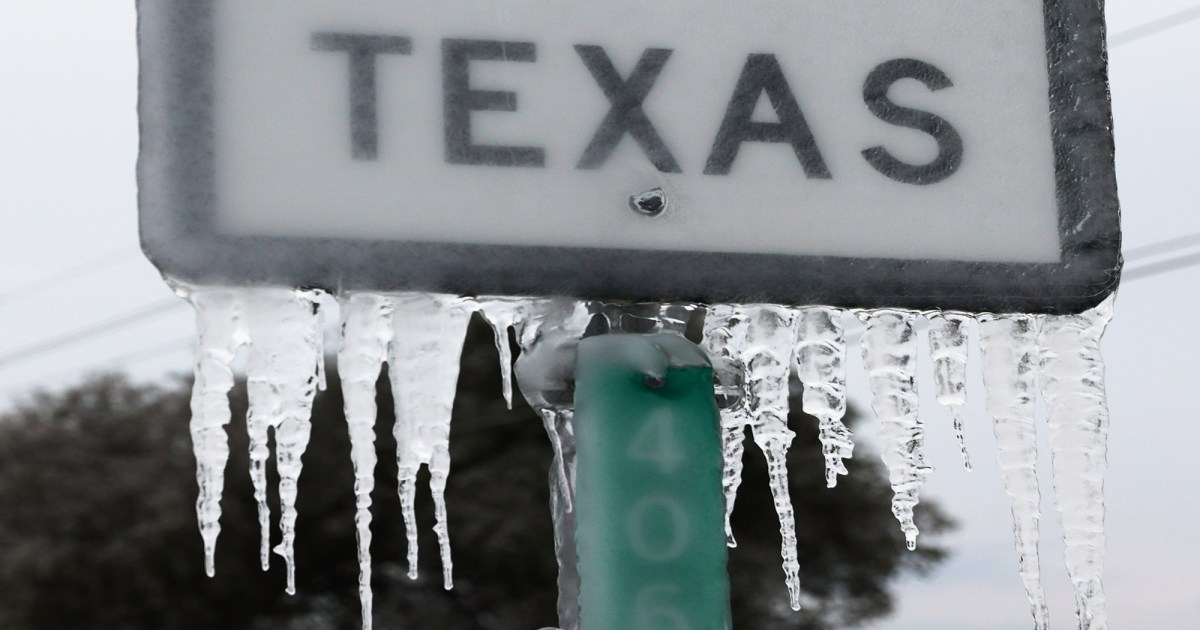mspohr
Well-Known Member
Death toll from Texas February cold spell rises by 59 to reach 210
The collapse of the power grid managed by the Electric Reliability Council of Texas (Ercot) has made electric reliability in Texas, a Republican-run state, a key political question. In early June, Governor Gregg Abbott declared that state lawmakers had fixed the problem during its regular session that had just adjourned. Since then, two conservation alerts issued by Ercot during temperate weather prompted renewed questions. Abbott ordered new measures from a public utility commission he appointed and which oversees Ercot.
The collapse of the power grid managed by the Electric Reliability Council of Texas (Ercot) has made electric reliability in Texas, a Republican-run state, a key political question. In early June, Governor Gregg Abbott declared that state lawmakers had fixed the problem during its regular session that had just adjourned. Since then, two conservation alerts issued by Ercot during temperate weather prompted renewed questions. Abbott ordered new measures from a public utility commission he appointed and which oversees Ercot.



